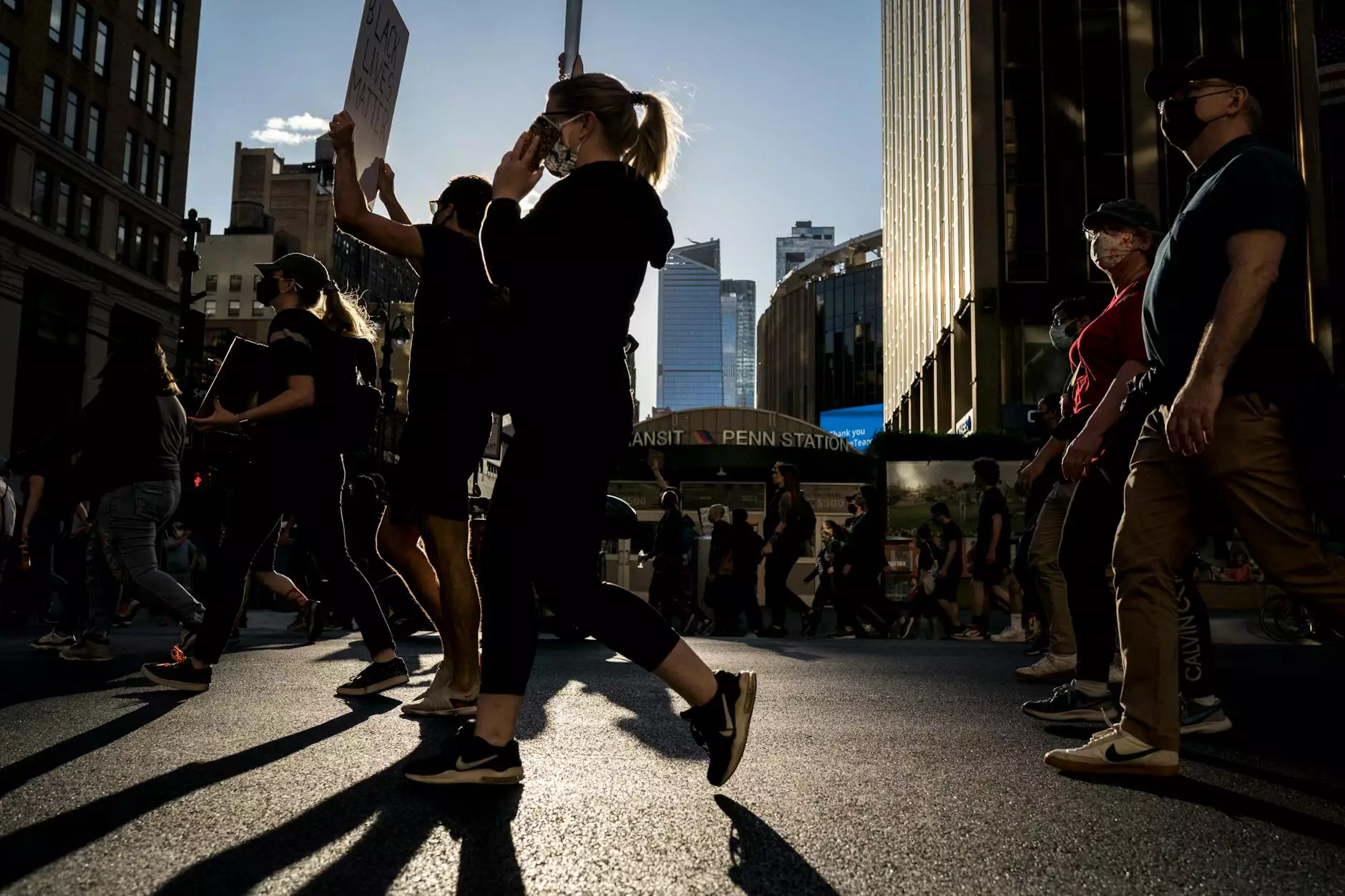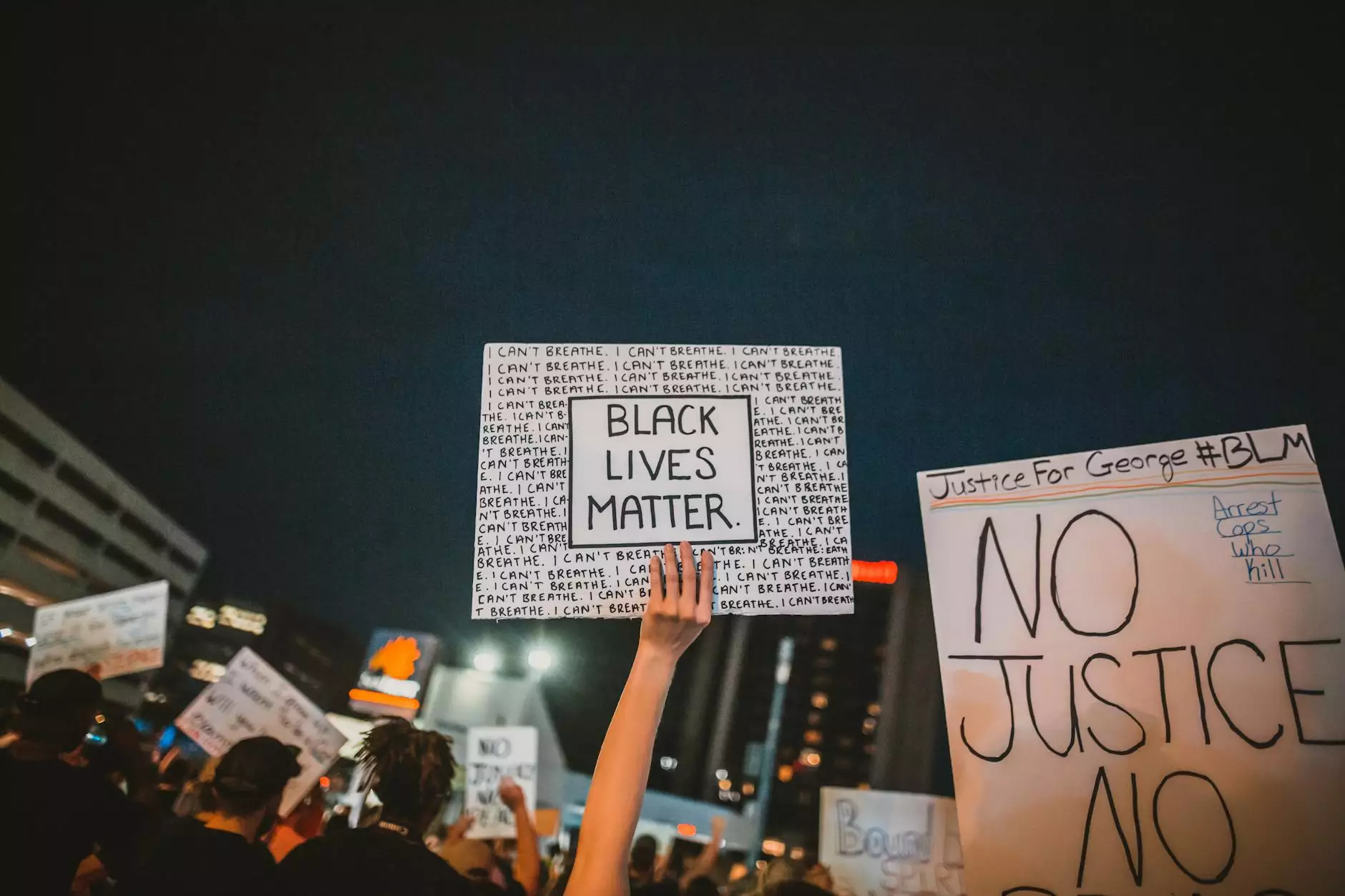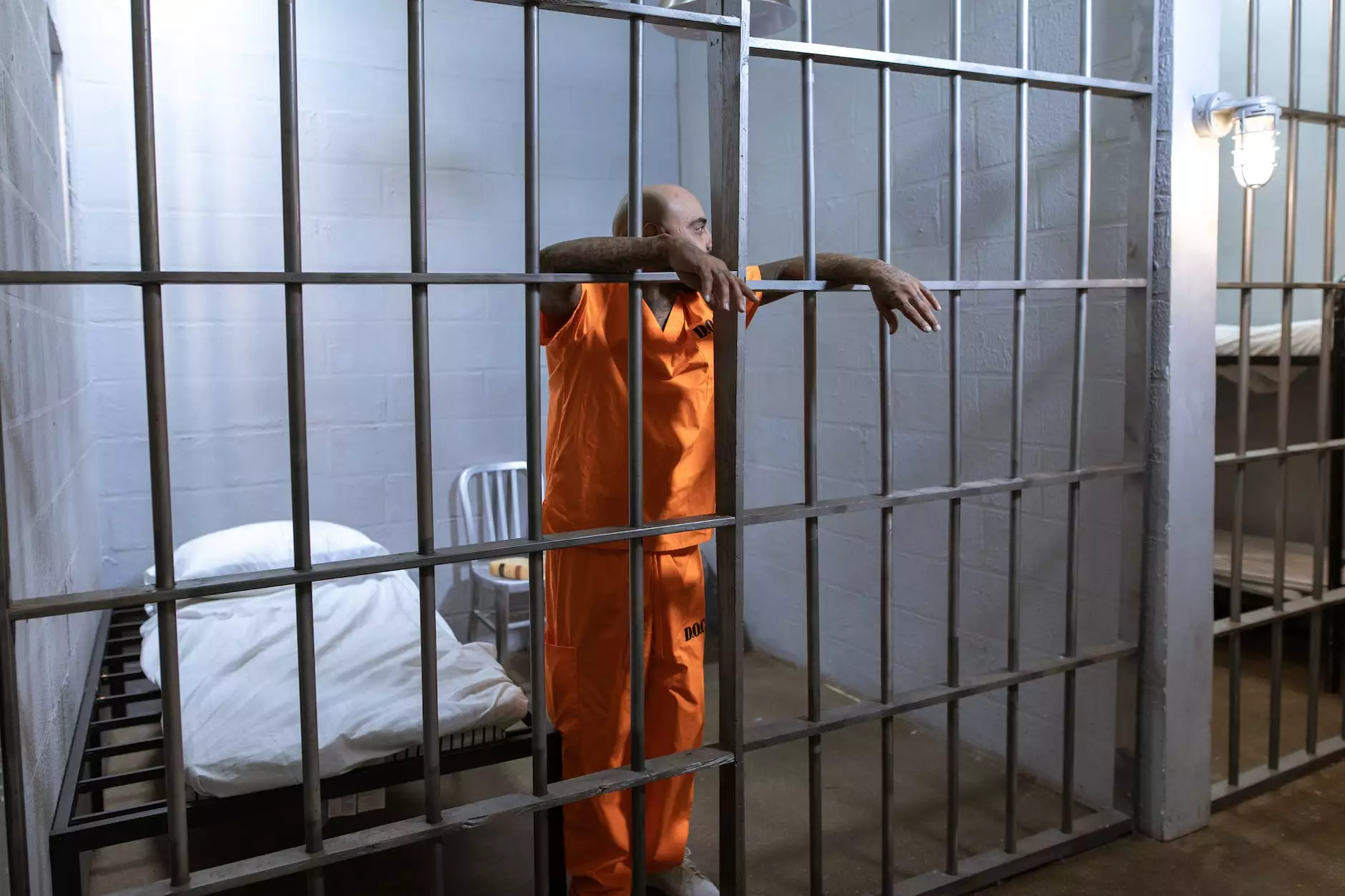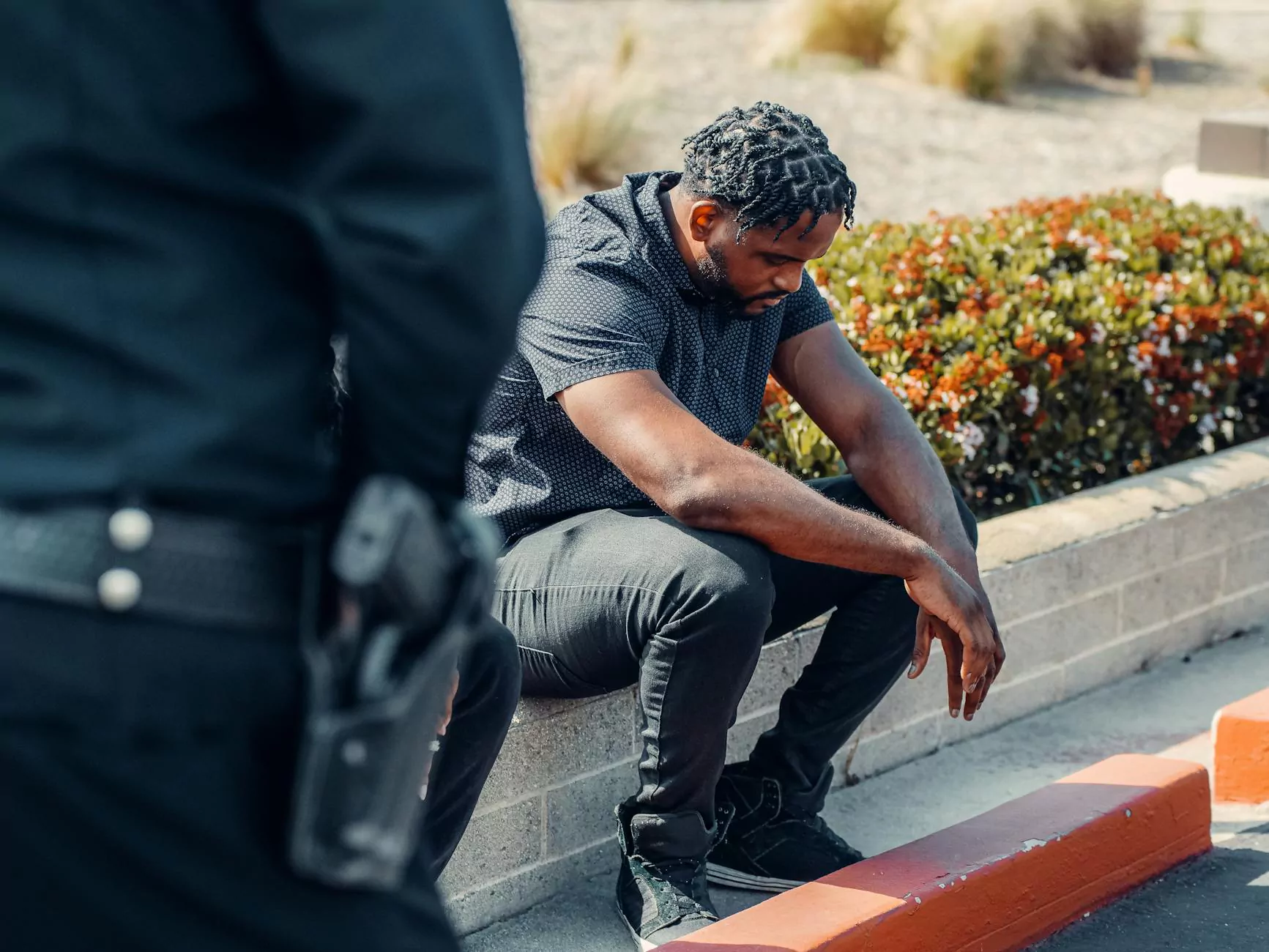UNLV's Dr. Tyler D. Parry talks why George Floyd's death sparked this call
Criminal Justice
As the nation grappled with the tragic death of George Floyd, a black man who died while in police custody, it sparked a powerful wave of protests, conversations, and calls for change. The ramifications of this event reached far beyond Minneapolis, where it took place, and reverberated throughout the country. In this thought-provoking piece, we delve into the insightful analysis provided by Dr. Tyler D. Parry, an esteemed faculty member at the University of Nevada, Las Vegas (UNLV).
Understanding the Social Impact
Dr. Tyler D. Parry, an expert in African American history and social justice issues, sheds light on the social impact that George Floyd's death had on American society. The deeply disturbing video footage of Floyd's last moments ignited a massive response from the public, drawing attention to long-standing issues of police brutality and systemic racism. This incident served as a catalyst for a nationwide movement advocating for justice, equality, and police reform.
By examining the broader historical context of racial injustice in America, Dr. Parry provides a comprehensive perspective on why this specific incident resonated so deeply with millions of people. He delves into the systemic biases and prejudices that Black Americans have faced for centuries, exploring the historical roots of discrimination and inequality. Through his expertise, Dr. Parry contextualizes George Floyd's death within a larger framework of social and historical significance.
Historical Significance
George Floyd's death is not an isolated incident; it symbolizes a larger pattern of racial violence and systemic injustice. Dr. Parry analyzes the historical significance of this event, underscoring its place within the broader struggle for civil rights and social change in America. By drawing parallels to past movements, such as the Civil Rights Movement of the 1960s, Dr. Parry highlights the important role that protests and social movements have played in shaping our nation's history.
Moreover, Dr. Parry explores the impact of technology and social media in amplifying the response to George Floyd's death. The widespread sharing of videos and images documenting instances of police brutality helped to galvanize public outrage and mobilize support for change. This digital age of instant information dissemination has undoubtedly transformed the landscape of activism, allowing voices to be heard and demanding accountability.
Call for Change
Building on his analysis, Dr. Parry emphasizes the urgent need for meaningful societal transformation. He advocates for a comprehensive reevaluation of law enforcement practices, promoting transparency, accountability, and community partnership. Through his research and expertise, Dr. Parry offers a roadmap for actionable changes that can address the systemic issues responsible for perpetuating injustice and inequality.
Recognizing the power of education and knowledge, Dr. Parry emphasizes the importance of informed discussions about race and social justice. By fostering dialogue and engaging with the historical context, he encourages individuals and communities to confront uncomfortable truths, challenge preconceived notions, and work together to build a more just and equitable society.
Conclusion
In conclusion, UNLV's Dr. Tyler D. Parry provides a profound analysis of why George Floyd's death ignited a nationwide call for change. Through his deep understanding of history and social justice issues, Dr. Parry sheds light on the social impact and historical significance of this tragic event. This thought-provoking analysis serves as a powerful resource for individuals seeking a more comprehensive understanding of the issues at hand, while also advocating for tangible change.










